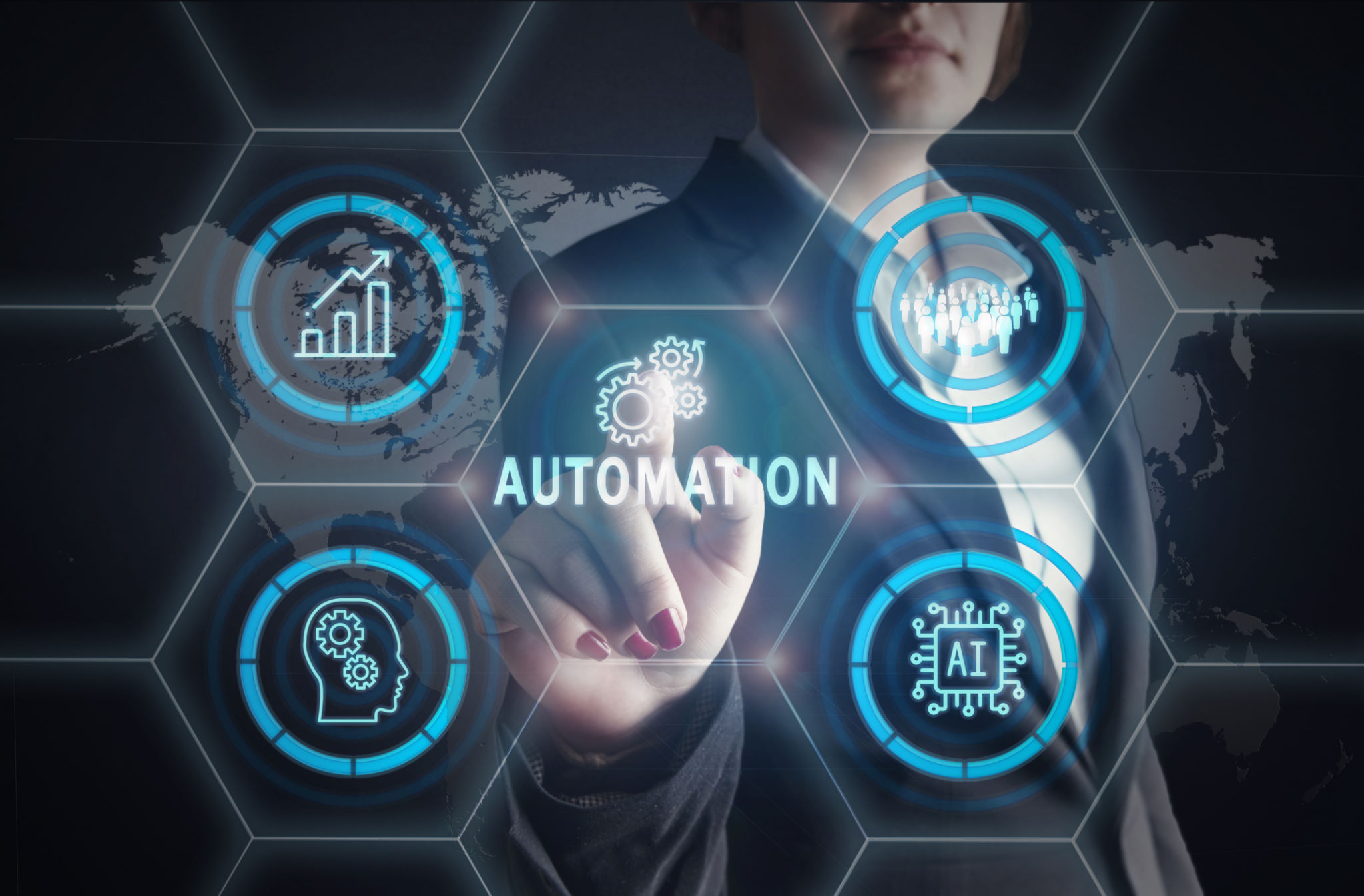The Future of Digital Marketing: Integrating AI for Maximum Impact
The Rise of Artificial Intelligence in Digital Marketing
In recent years, the integration of artificial intelligence (AI) into digital marketing has shifted from a futuristic concept to a current reality. With AI-driven tools, marketers can now analyze vast amounts of data, automate repetitive tasks, and deliver personalized content at scale. These advancements are not just enhancing efficiency but are also transforming how brands connect with their audiences.
AI's capabilities in data analysis allow marketers to understand consumer behavior more profoundly than ever before. By leveraging AI algorithms, businesses can predict trends, optimize campaigns, and make data-driven decisions that were previously unimaginable. This level of insight is paving the way for more targeted and effective marketing strategies.

Personalization at Scale
One of the most significant impacts of AI in digital marketing is its ability to deliver personalized experiences to customers. Gone are the days of generic advertisements; today's consumers expect content that resonates with their individual preferences and needs. AI enables marketers to segment audiences and tailor messages in real-time, ensuring that each interaction feels unique and relevant.
Through AI-powered tools, brands can analyze user behavior and preferences, allowing them to craft personalized recommendations and offers. This not only enhances customer satisfaction but also increases conversion rates and brand loyalty. As AI continues to evolve, personalization will become even more sophisticated, further blurring the lines between marketing and customer service.
Automation Enhancing Efficiency
Automation is another area where AI is making a substantial impact. By automating repetitive tasks such as email marketing, social media posting, and customer segmentation, AI frees up valuable time for marketers to focus on strategy and creativity. This shift allows teams to dedicate more resources to developing innovative campaigns that drive engagement and growth.

Moreover, AI-driven automation tools can optimize campaign performance by analyzing metrics in real-time and making adjustments on the fly. This agility ensures that marketing efforts are always aligned with current trends and customer expectations, maximizing return on investment.
Challenges and Considerations
While the benefits of integrating AI into digital marketing are substantial, there are challenges to consider. Data privacy is a significant concern, as consumers become increasingly aware of how their information is used. Marketers must prioritize transparency and ethical practices to maintain trust and comply with regulations.
Additionally, the rapid pace of AI development means marketers must stay informed about the latest technologies and trends. Investing in ongoing education and training is essential for leveraging AI effectively and staying ahead of the competition.

The Future Outlook
The future of digital marketing lies in the continued integration of AI technologies. As AI becomes more advanced, its capabilities will expand, offering even greater possibilities for innovation and creativity in marketing strategies. Brands that embrace AI early will have a competitive edge, building deeper connections with their audiences and driving sustained business growth.
Ultimately, the successful integration of AI into digital marketing will depend on a balance between technology and human insight. By combining the strengths of both, businesses can create impactful experiences that resonate with consumers and drive results.